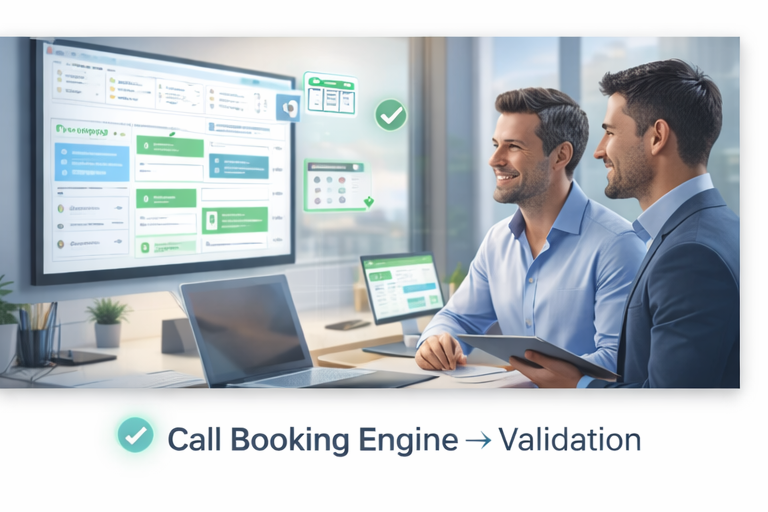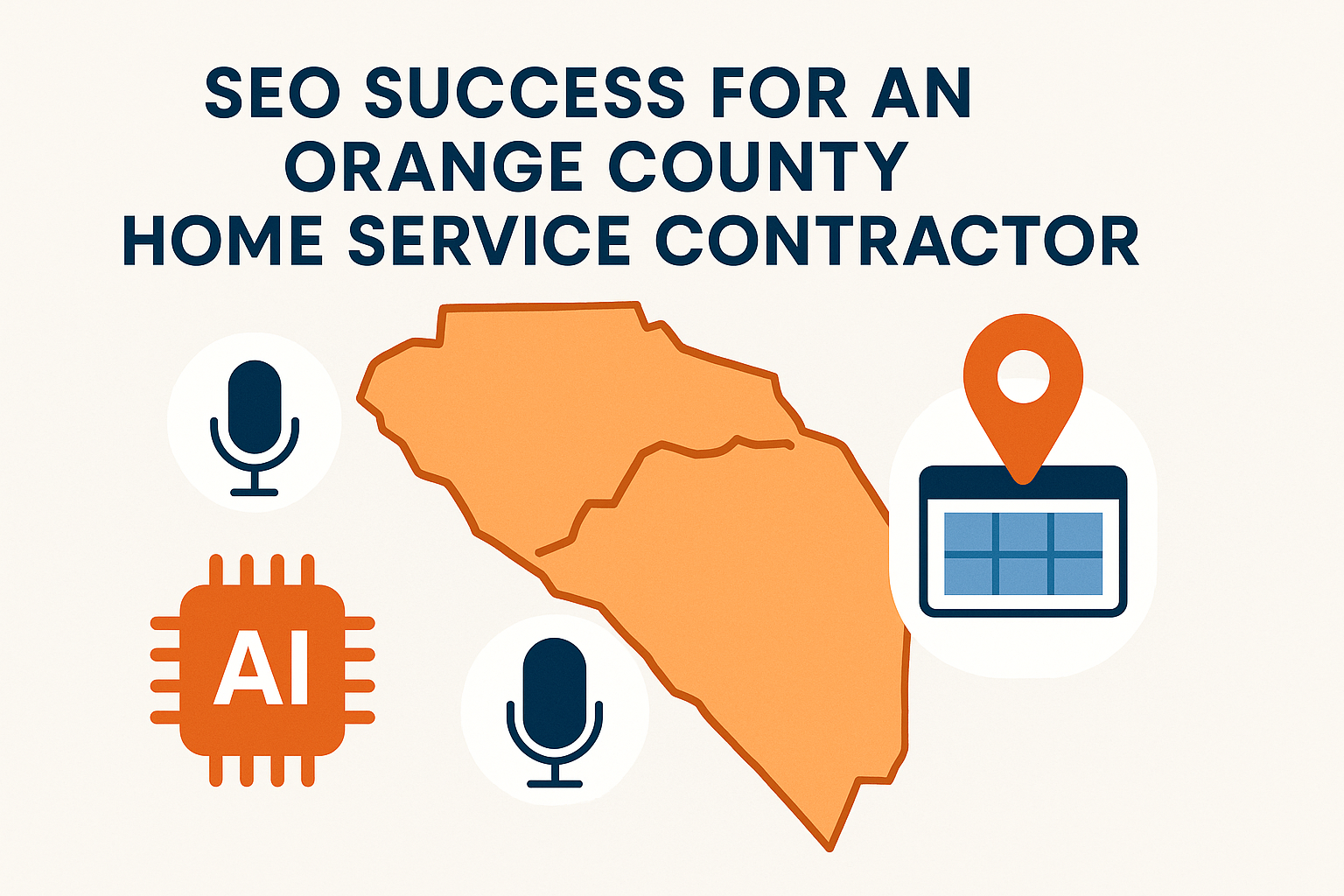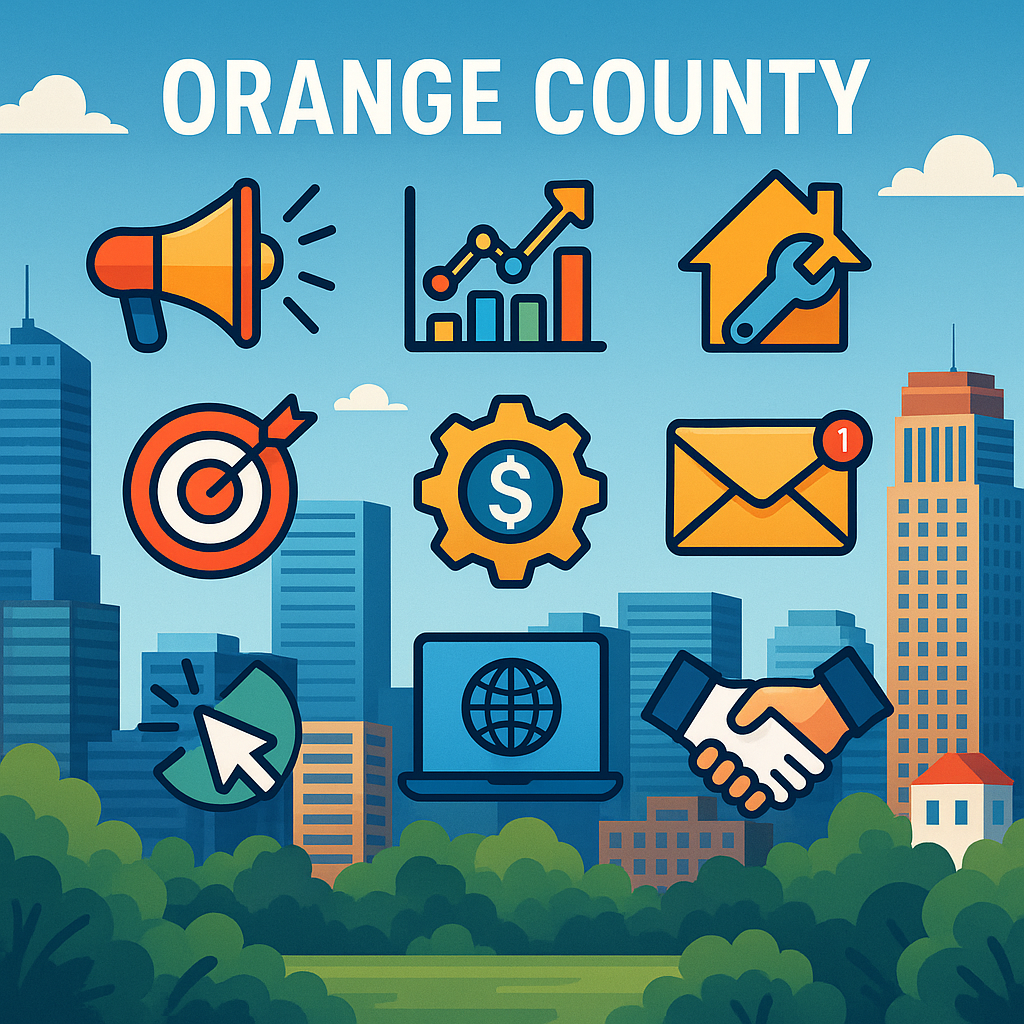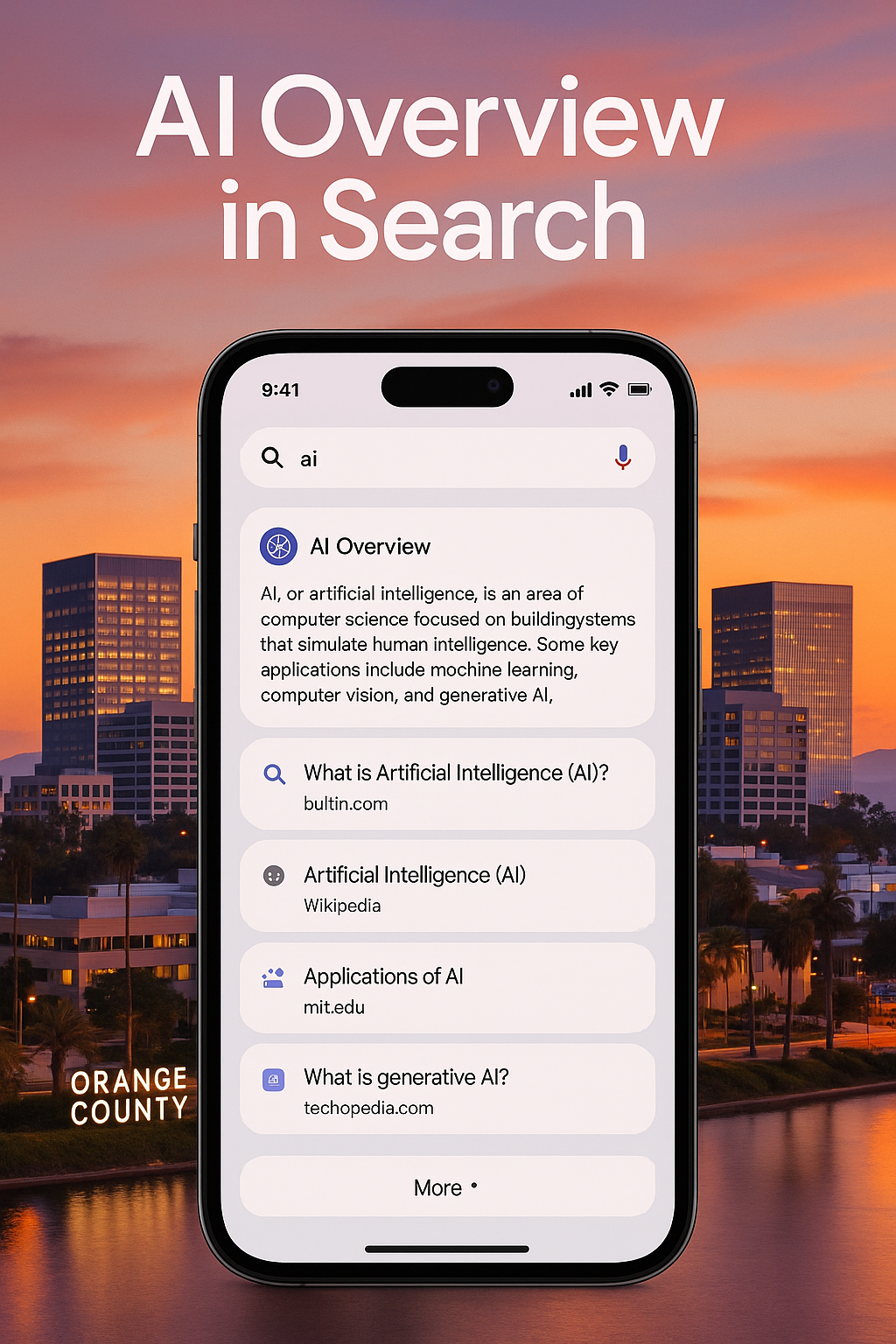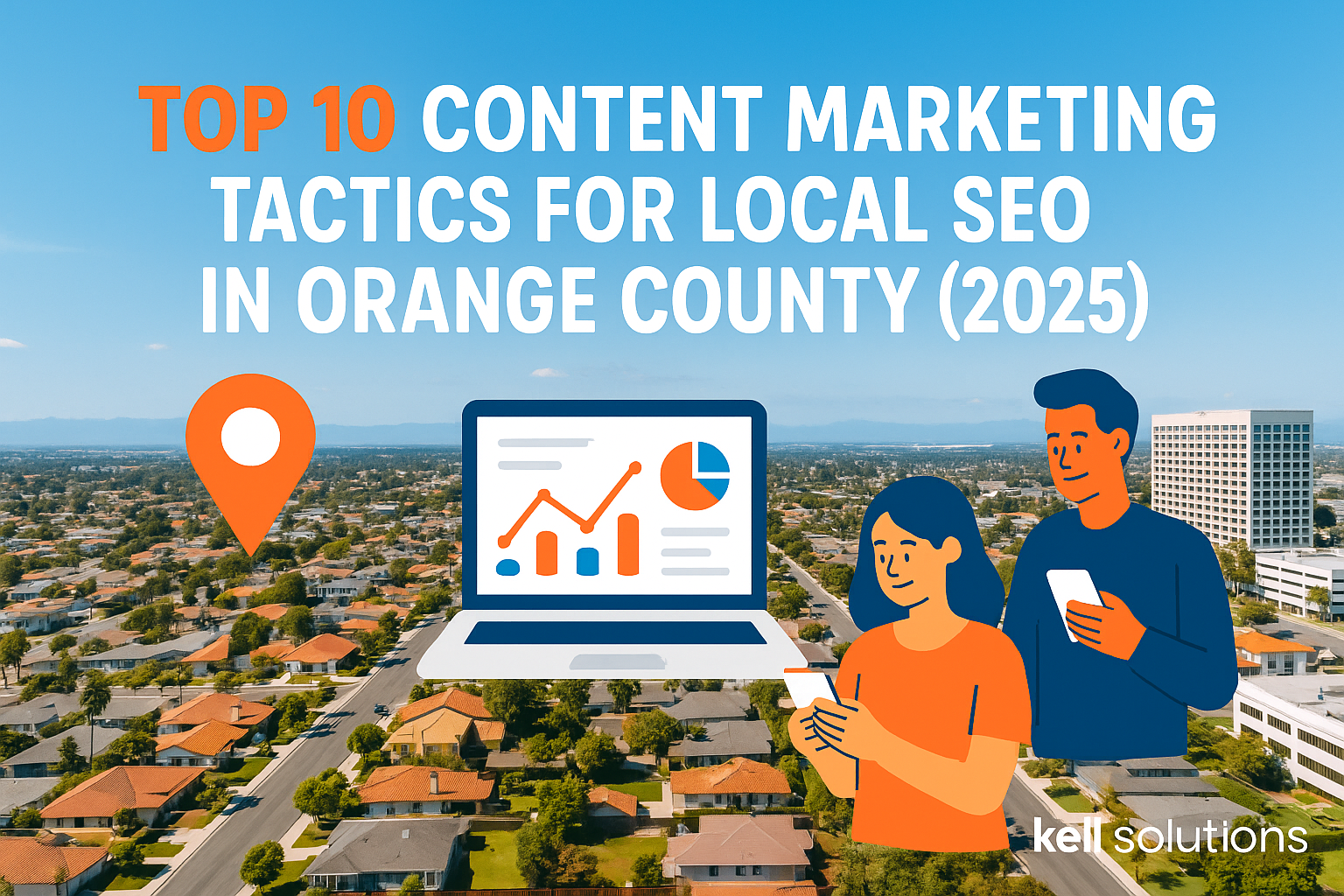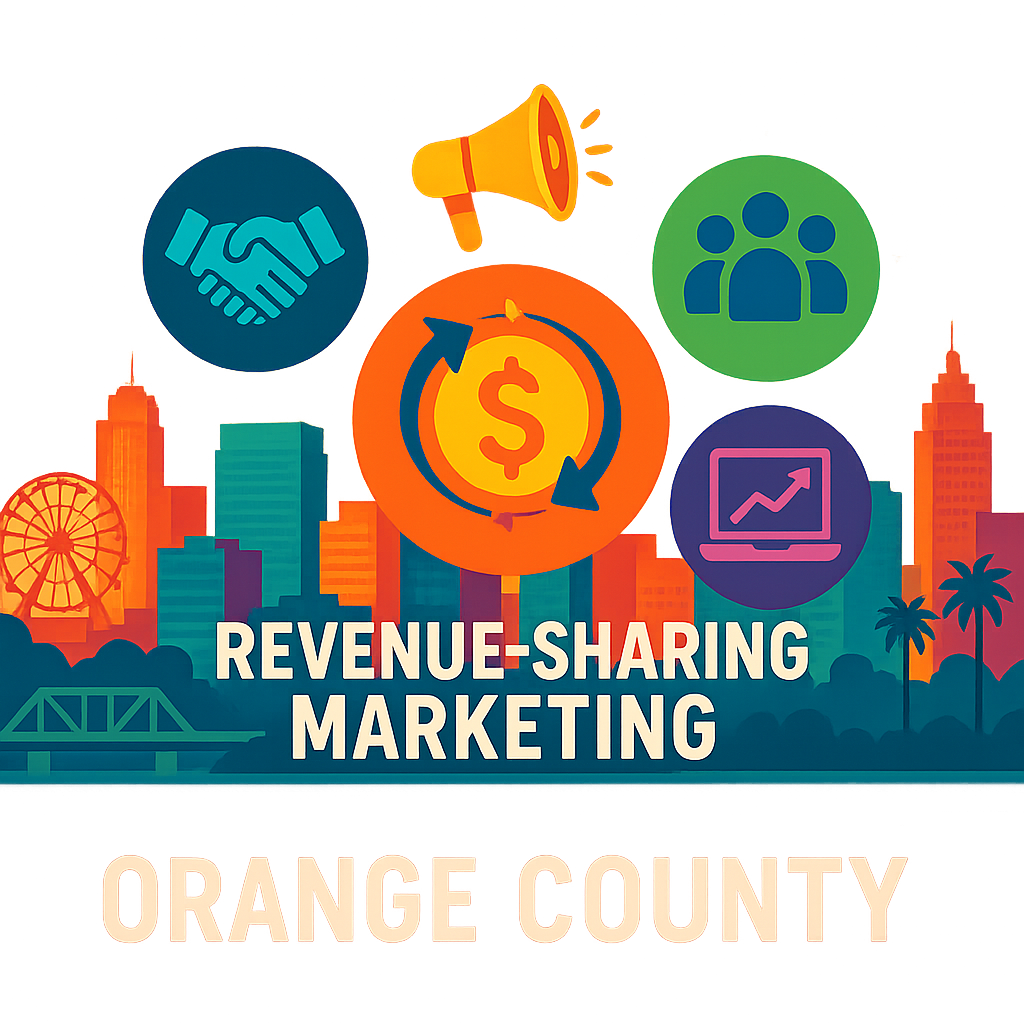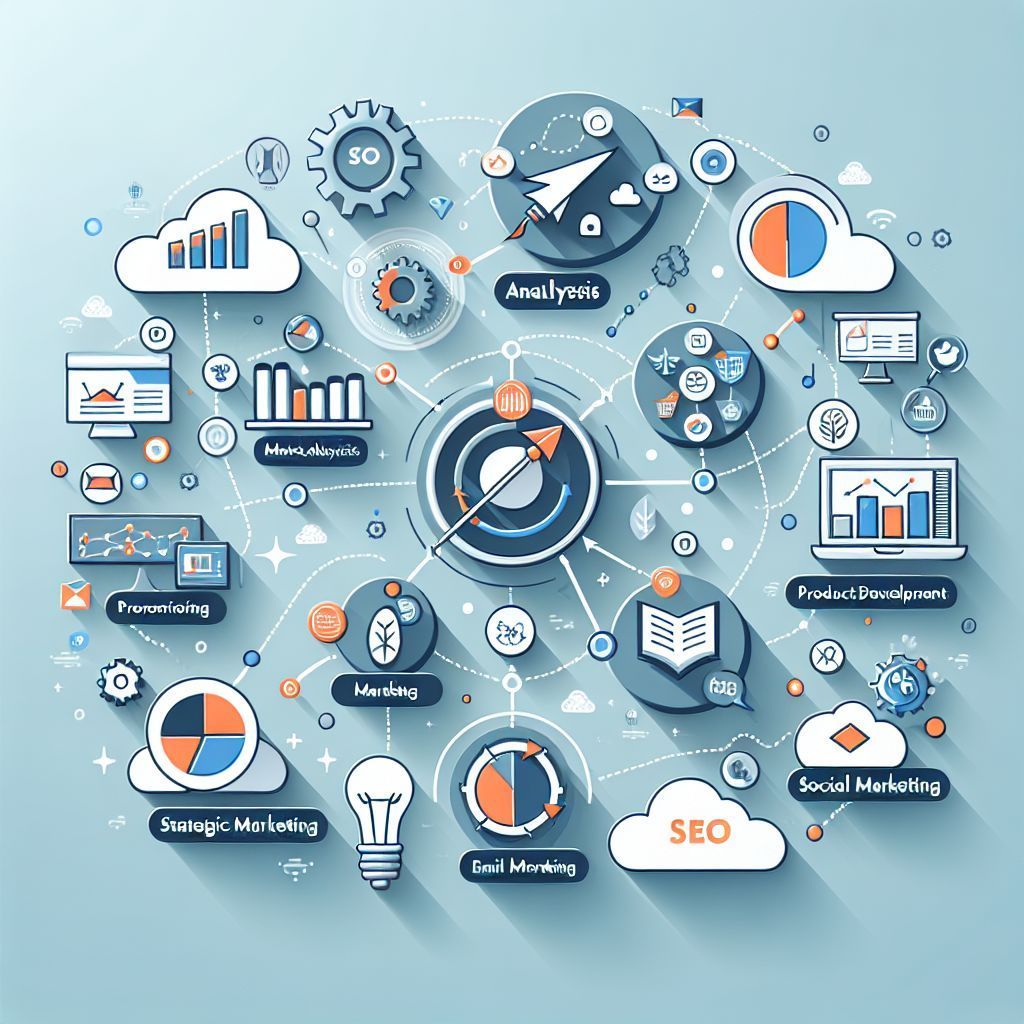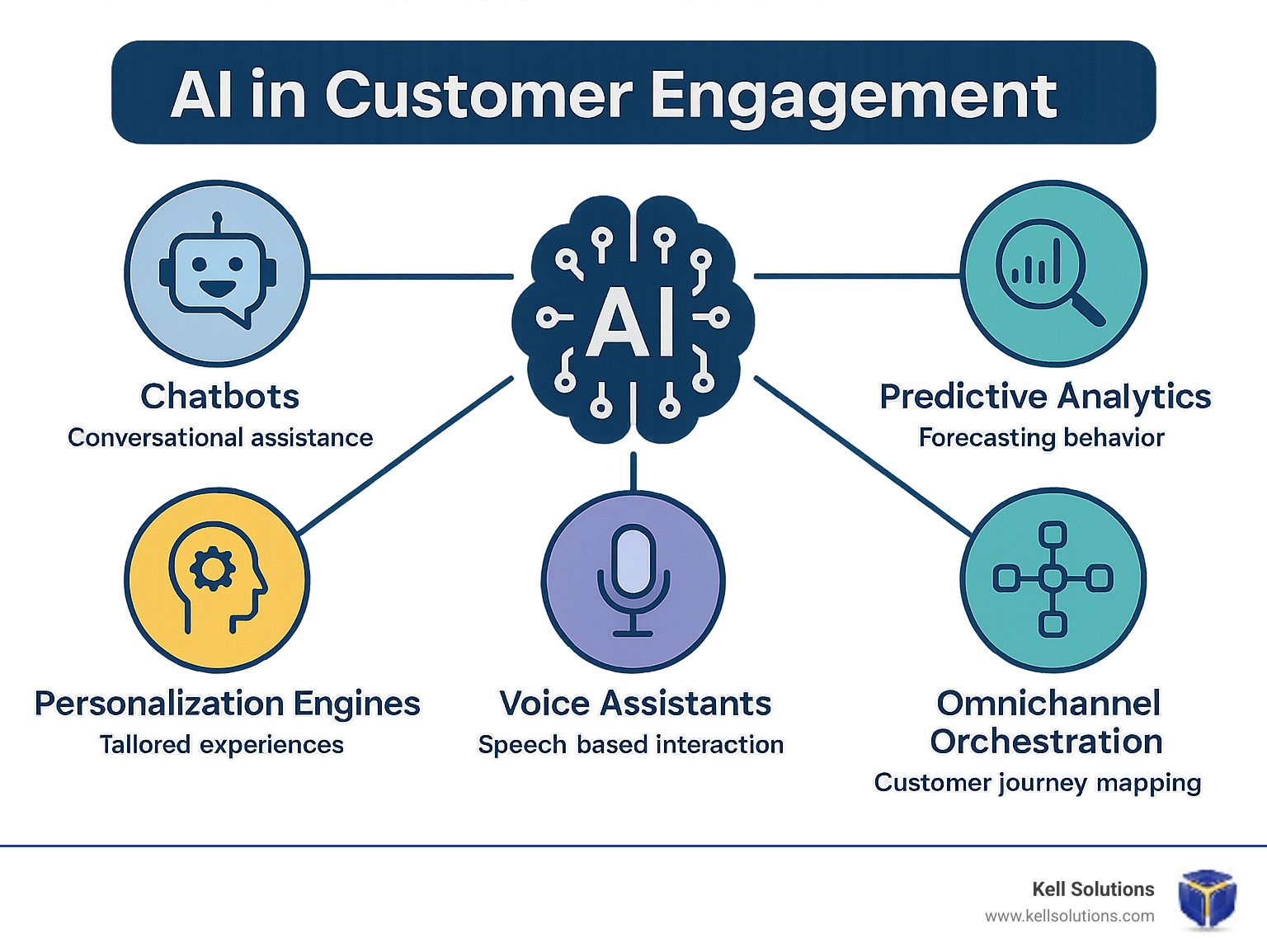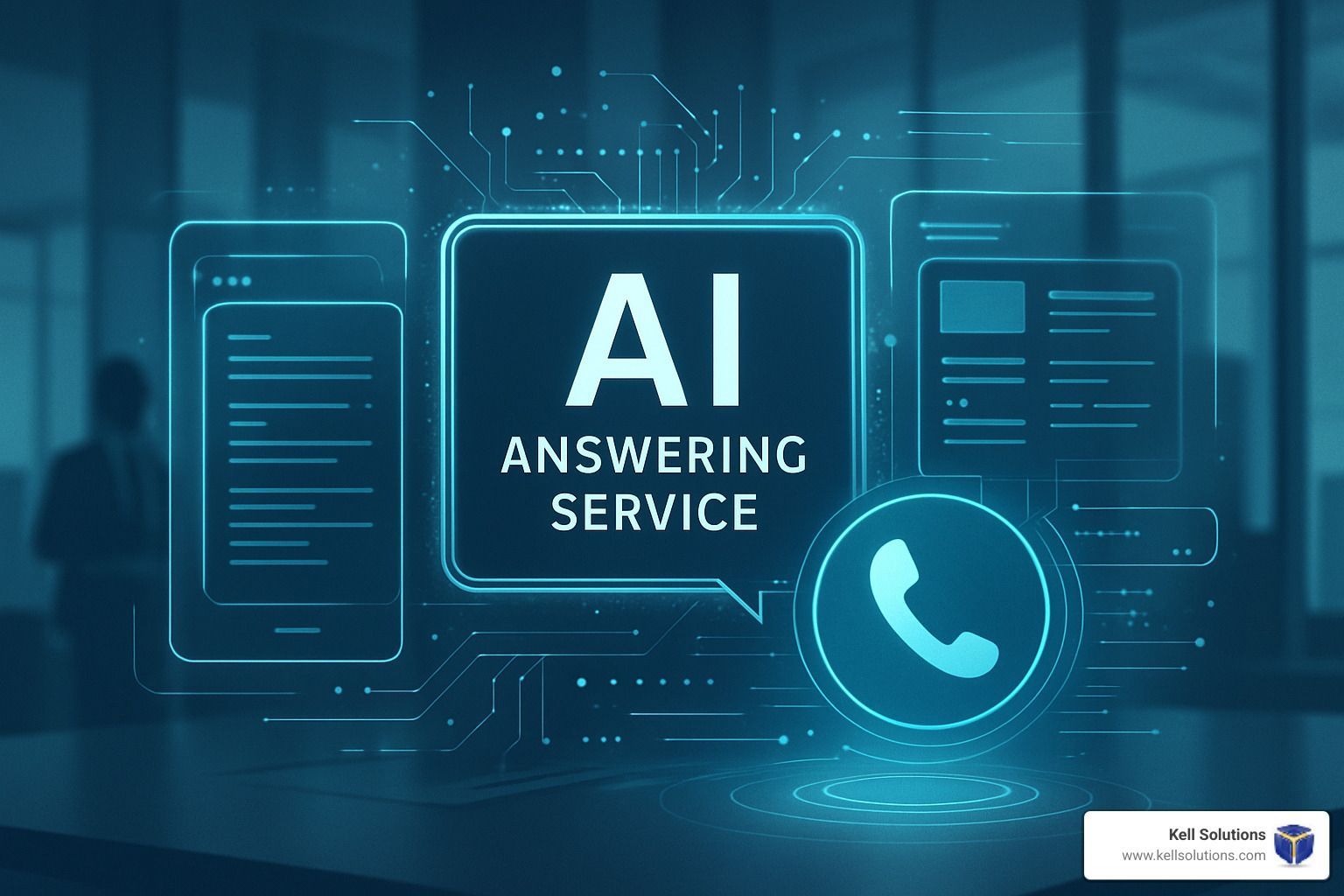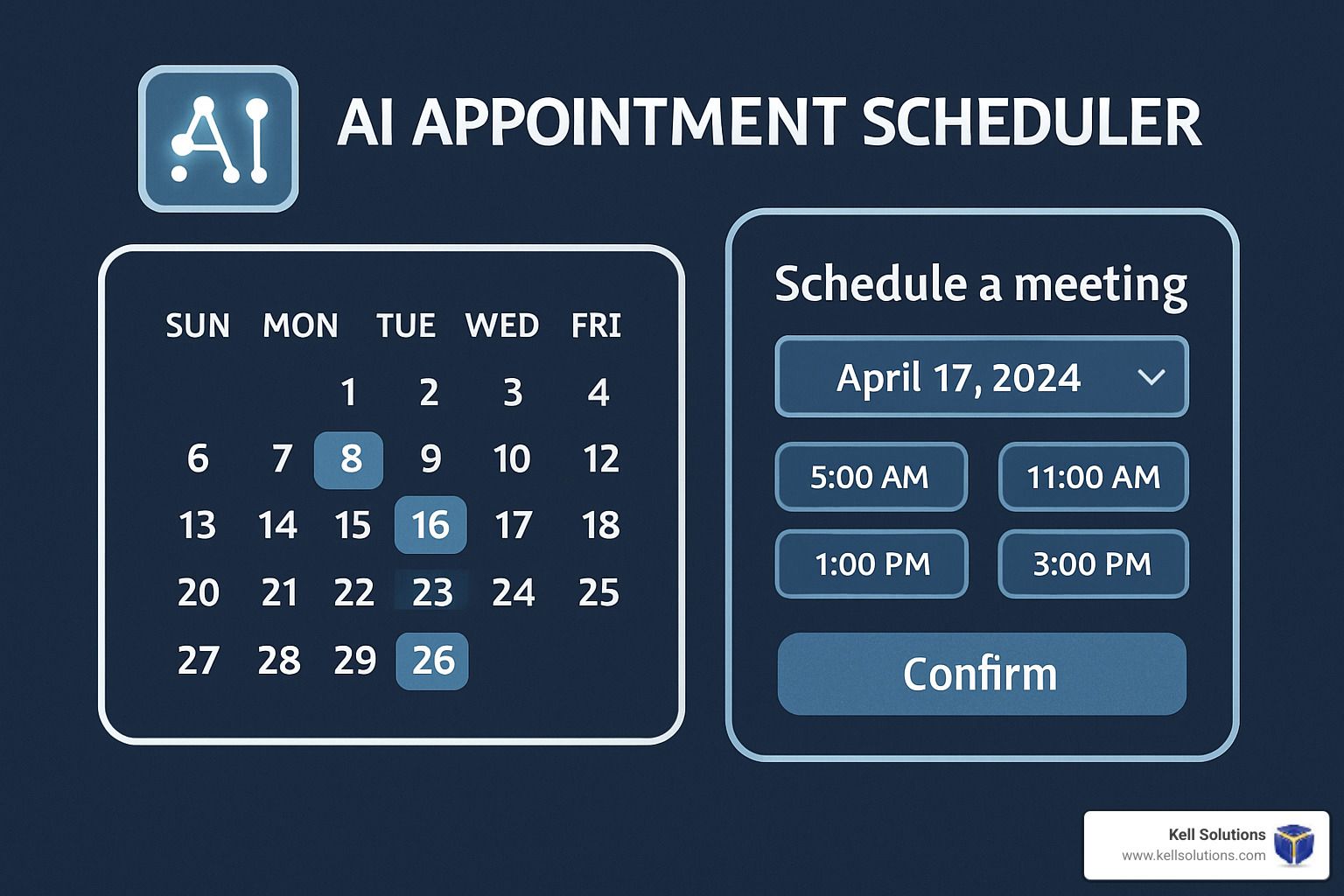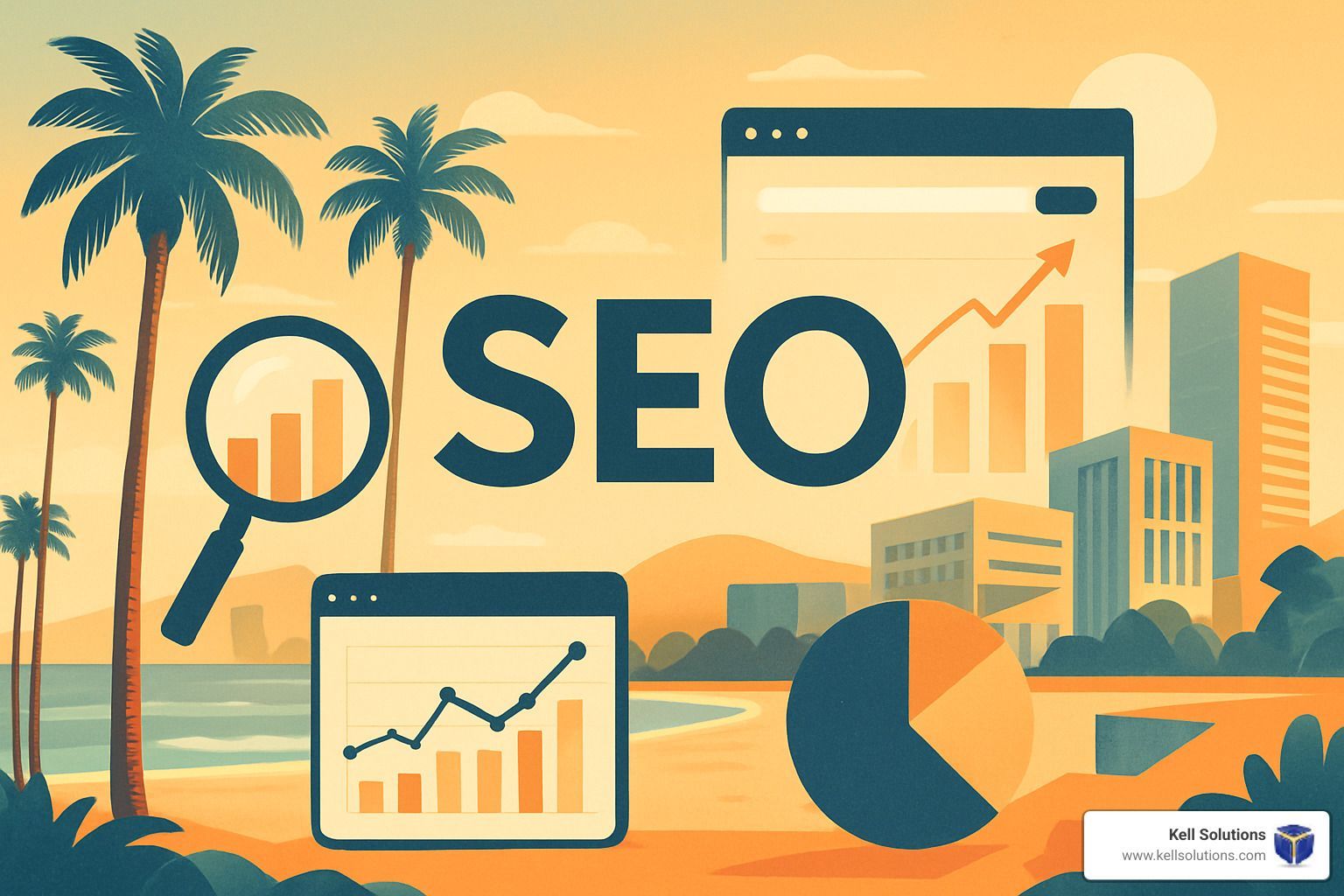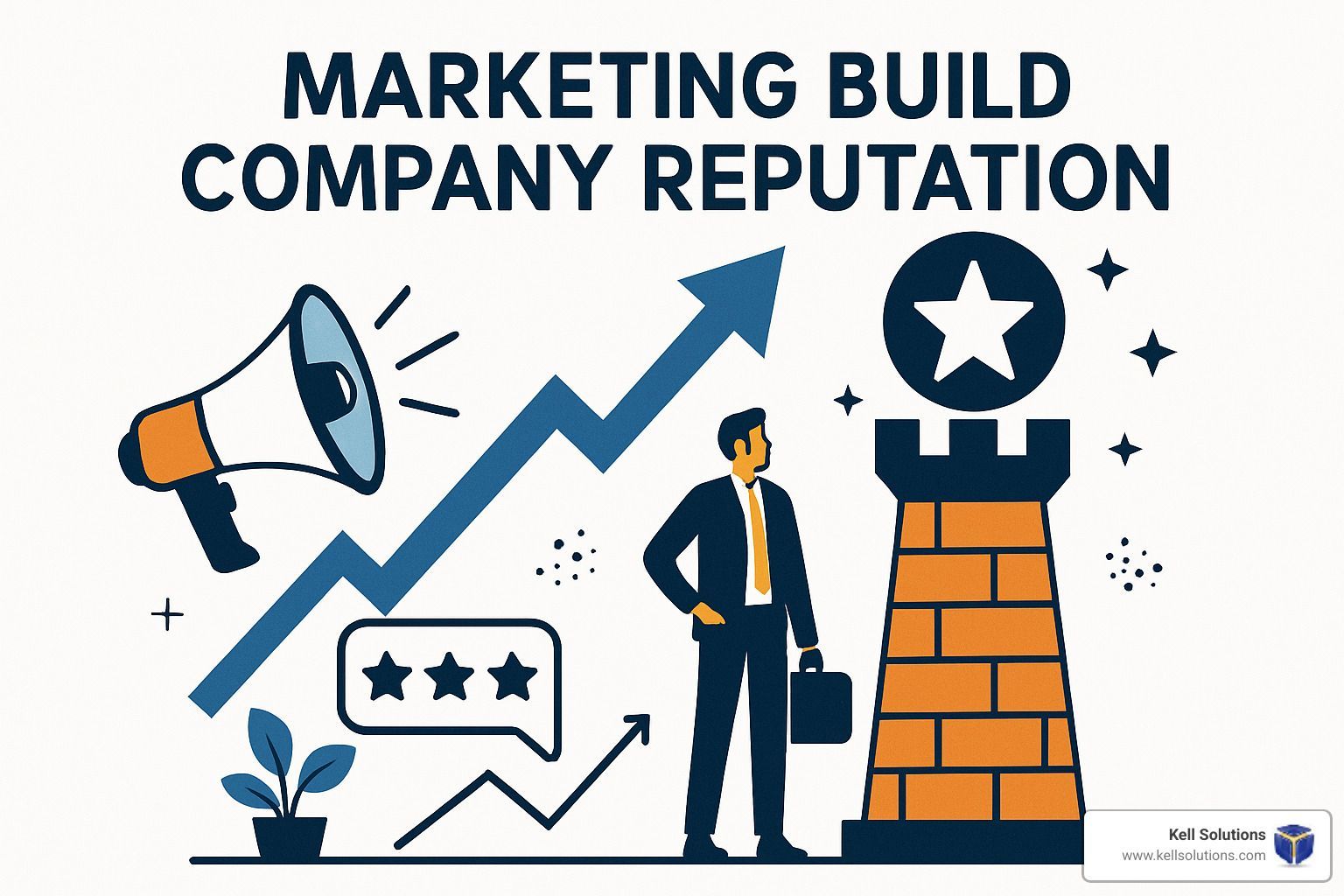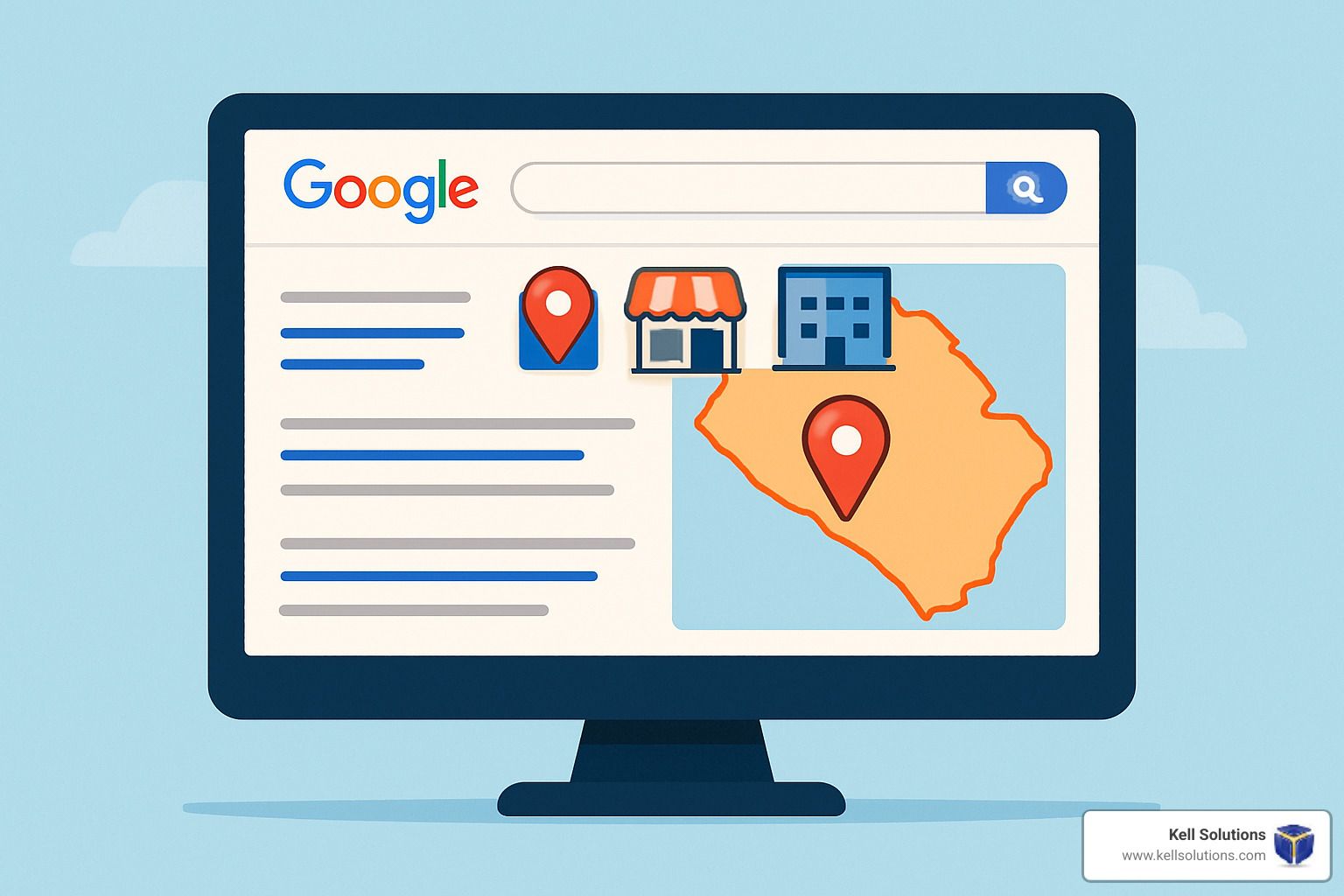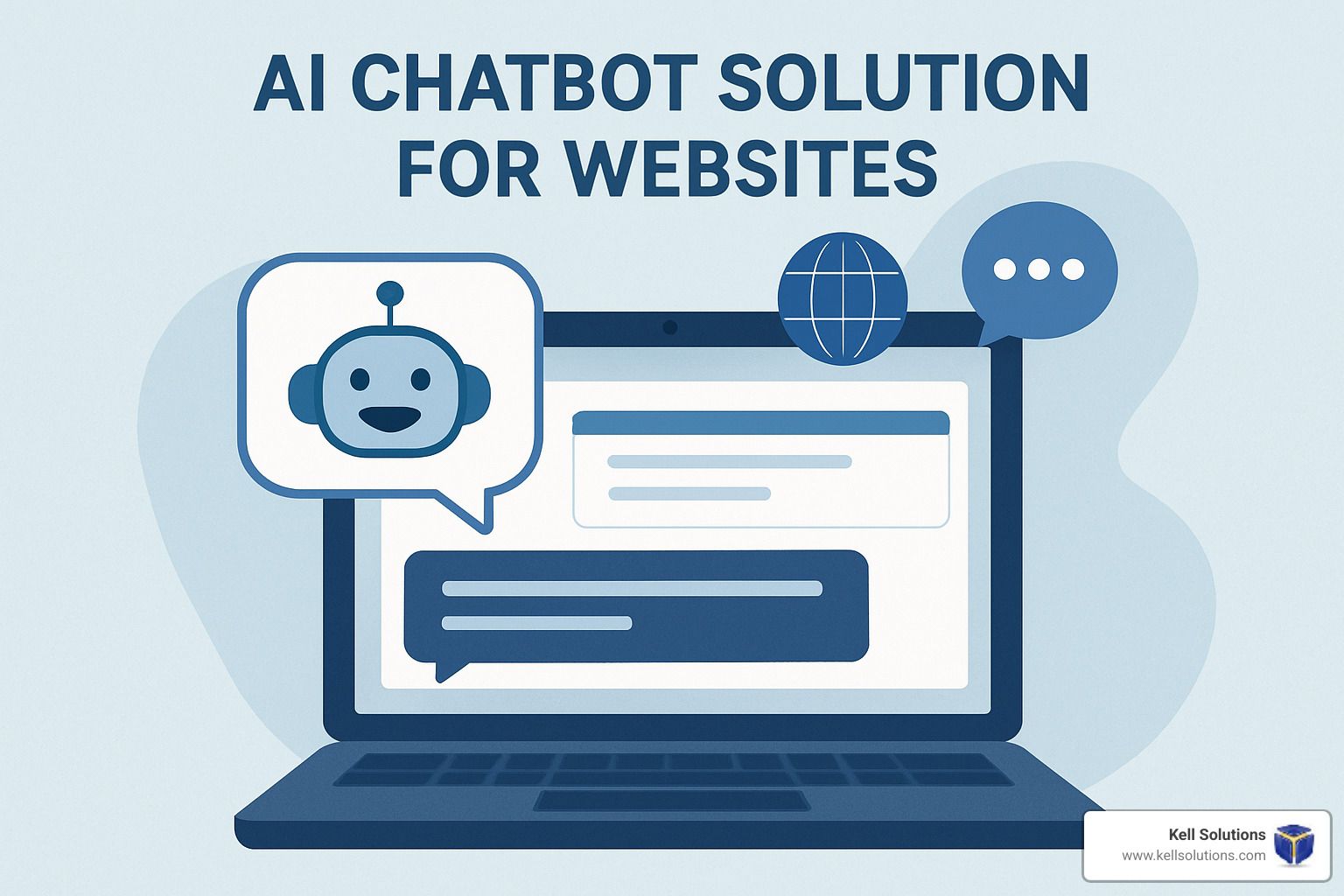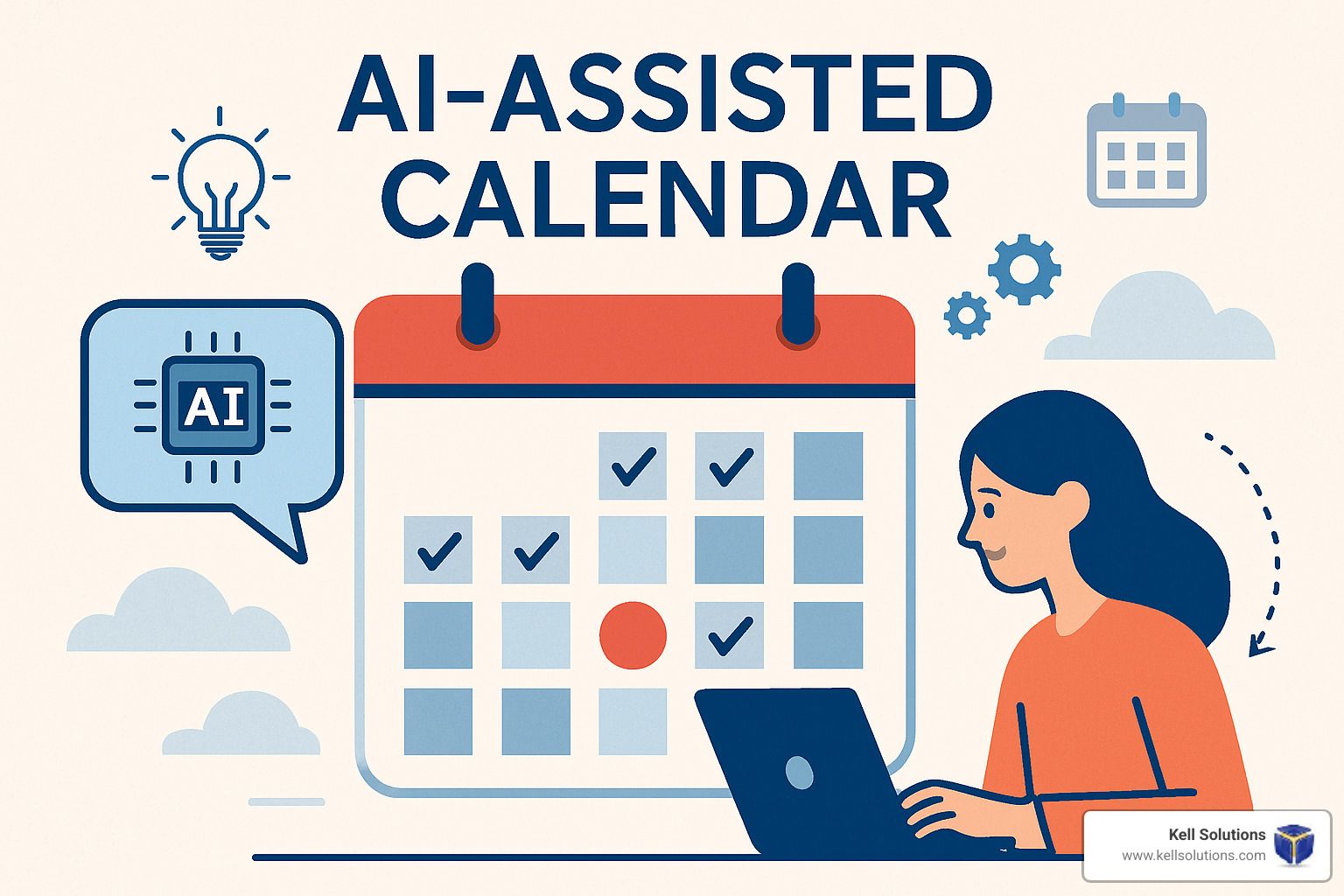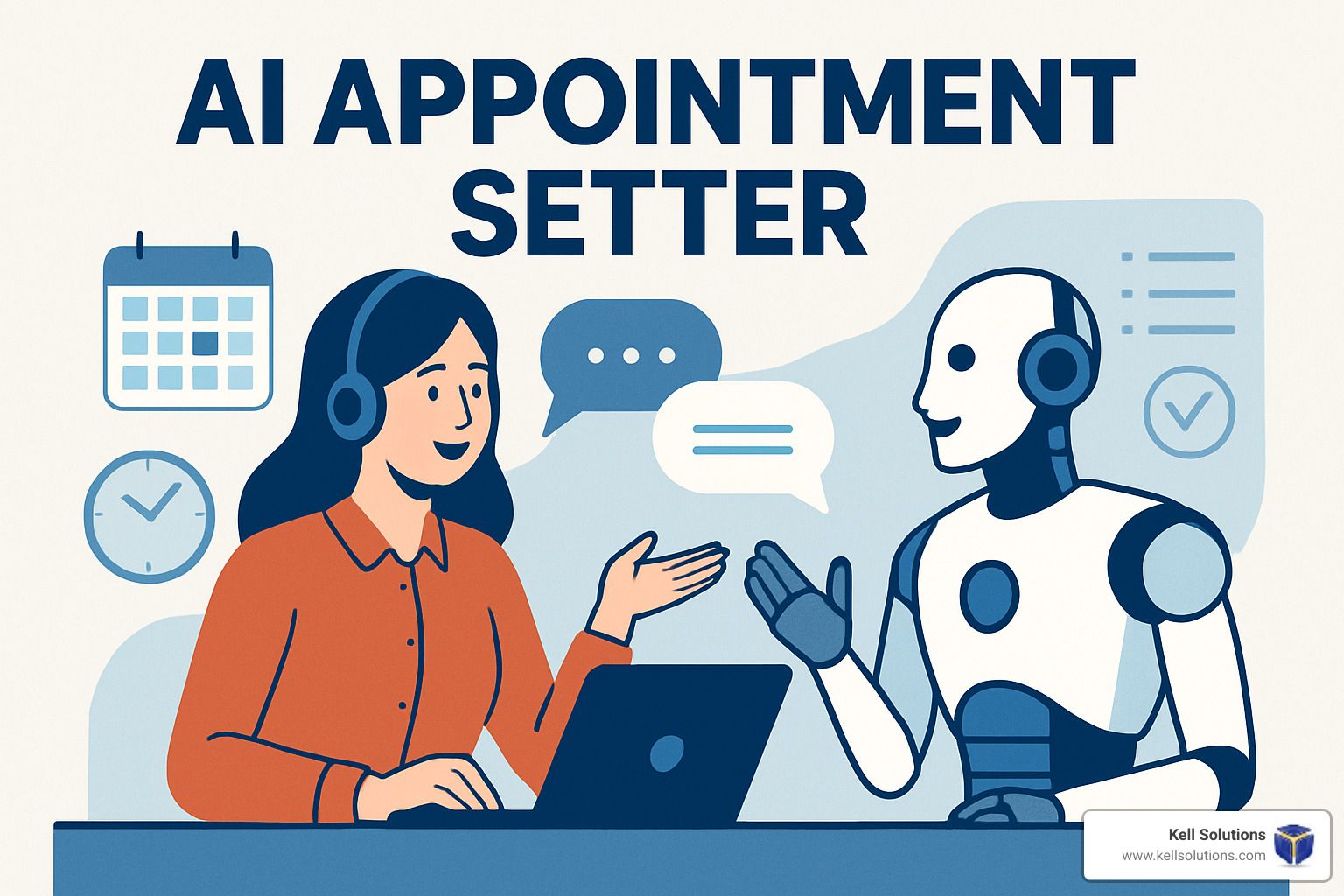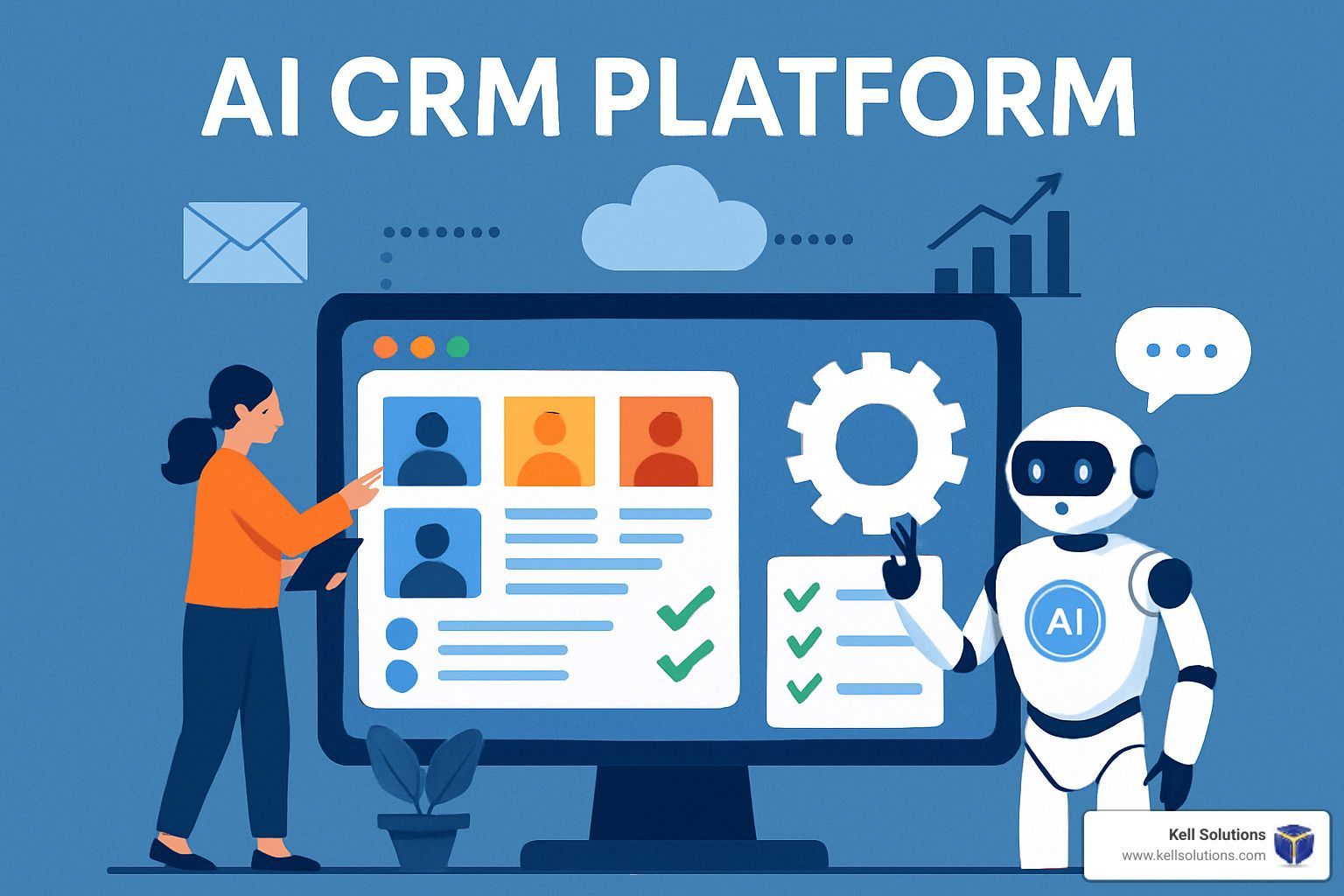Best AI Tools for Small Business Owners
Essential AI Tools to Streamline, Automate, and Scale Your Business

Article-At-A-Glance
- Small businesses can reduce administrative tasks by up to 79% with AI tools like VoiceGenie AI and HubSpot CRM, freeing up valuable time for growth activities
- AI-powered customer service solutions can handle 82% of routine customer interactions without human intervention, providing 24/7 support at 45% lower costs than traditional methods
- Content creation tools like ChatGPT and Jasper.ai allow small businesses to produce professional marketing materials in minutes instead of days or weeks
- Implementation of AI tools follows a strategic 30-day framework with an average break-even period of just 2.1 months for most solutions
- VoiceGenie AI stands out with a 23% appointment conversion rate and enables small businesses to deliver enterprise-grade service at accessible price points
The business landscape has fundamentally shifted. Small businesses no longer compete just with local rivals but with global enterprises wielding massive technological advantages. Artificial intelligence has become the great equalizer—allowing small operations to perform at levels previously reserved for companies with vastly larger resources.
As a small business owner, you're already wearing too many hats. Between managing operations, driving sales, and handling customer concerns, there's precious little time left for strategic growth. This is precisely where AI tools deliver their most transformative impact: automating routine tasks while enhancing your capabilities in ways that were unimaginable just a few years ago.
AI Tools That Will Transform Your Small Business Today
The AI revolution isn't coming—it's already here. Early adopters are seeing dramatic improvements across every business function, from customer service to marketing to financial management. These aren't just incremental gains; they're business-altering advantages that directly impact your bottom line.
Why 80% of Small Businesses Will Fail Without AI in 2026
The competitive landscape has reached a tipping point where AI adoption is no longer optional—it's survival. Businesses implementing AI tools are experiencing 3.4 times faster decision-making and 58% lower customer acquisition costs. Meanwhile, those clinging to manual processes are finding themselves increasingly unable to match the speed, quality, and personalization that customers now expect.
"Small businesses implementing a strategic AI operational stack can expect a 79% reduction in routine administrative tasks, allowing owners to focus on growth rather than maintenance." — Small Business AI Implementation Study, 2023
The cost of inaction extends beyond immediate competitive disadvantages. As AI systems continuously learn and improve, the gap between adopters and holdouts widens exponentially. What begins as a small efficiency difference quickly compounds into insurmountable market advantages for AI-empowered competitors.
How These Tools Cut Costs by 65% While Boosting Productivity
The financial impact of AI tools comes from their unique ability to simultaneously reduce expenses while increasing output quality. Take customer service as an example: traditional approaches require hiring, training, and managing staff to handle inquiries during business hours. AI-powered solutions work 24/7 without breaks, sick days, or turnover concerns.
The economics become even more compelling when examining real-world case studies. A professional services firm eliminated 78% of manual reporting work by implementing a combination of VoiceGenie AI and LiveFlow. Another small retailer reduced customer acquisition costs by 42% within 60 days using AI-optimized marketing content.
Customer expectations have skyrocketed—they want immediate responses at any hour, personalized service, and seamless experiences across all channels. For small businesses, meeting these demands traditionally meant sacrificing work-life balance or leaving potential sales on the table. AI-powered customer service tools have changed this equation entirely.
1. VoiceGenie AI: Handle Calls Automatically for 67% Less Cost
VoiceGenie AI has emerged as a paradigm-shifting platform for small businesses seeking enterprise-grade phone support without the enterprise price tag. This remarkable tool handles 82% of routine customer interactions without human intervention through advanced natural language processing. The system answers calls, schedules appointments, provides information, and even processes basic transactions—all while maintaining a natural, conversational tone that customers appreciate.
When integrated with existing customer relationship management systems, VoiceGenie AI becomes even more powerful. Calls automatically generate interaction logs that feed into your sales and support workflows. The platform even maps emotional sentiment scores, helping you identify and prioritize high-value opportunities or potential churn risks before they escalate.
VoiceGenie AI delivers particular value for appointment-based businesses, achieving a 23% appointment conversion rate while reducing scheduling conflicts by 91%. The investment typically pays for itself within just 2.1 months, making it one of the most cost-effective AI tools on the market for small business owners looking to scale their customer service capabilities.
2. Tidio: Website Chat Support That Converts Visitors Into Buyers
While phone support remains essential, many customers prefer the immediacy of chat when browsing your website. Tidio transforms this browsing experience with AI-powered chat support that engages visitors at critical decision points. The platform can identify hesitation patterns, proactively offer assistance, and answer product questions instantly—capabilities that have been shown to increase conversion rates by up to 40%.
What sets Tidio apart is its seamless blend of automation and human touch. The AI handles routine inquiries and qualification, but smoothly transfers complex scenarios to your team when needed. At just $29 monthly, Tidio typically achieves break-even in under six weeks through increased conversions and reduced support ticket volume.
3. Dialpad AI: The All-in-One Communication Hub
For businesses managing multiple communication channels, Dialpad AI provides an integrated solution that prevents valuable interactions from falling through the cracks. The platform unifies phone, SMS, video meetings, and team messaging while applying AI analysis across all channels. Its real-time transcription and sentiment analysis give you unprecedented insight into customer conversations.
Dialpad's coaching features particularly benefit small teams working to improve their customer interactions. The AI automatically identifies successful conversation patterns from top performers and provides suggestions to help others replicate these winning approaches. With a 97% customer satisfaction score and typical break-even period of 3.4 months, Dialpad delivers enterprise-level communication capabilities at small business prices.
Marketing AI Tools That Create Content in Minutes, Not Days
Content creation has historically been one of the most time-consuming aspects of small business marketing. The requirement for fresh, engaging material across multiple platforms often forces business owners to choose between quality and quantity—or worse, neglecting content marketing altogether. AI tools have fundamentally changed this equation by automating much of the creative process.
1. ChatGPT: Your $20/Month Marketing Department
ChatGPT has revolutionized content creation for small businesses with its remarkable ability to generate human-quality writing across virtually any format. From email newsletters to product descriptions to social media captions, this versatile tool can produce draft content in seconds that previously would have taken hours or required expensive freelancers.
The most effective approach is using ChatGPT as a collaborative partner rather than a replacement for human creativity. Provide it with your brand voice guidelines, target audience details, and specific content goals, then edit and personalize the outputs. The $20 monthly subscription for ChatGPT Plus delivers particular value through priority access during high-usage periods and access to more advanced models with enhanced capabilities.
2. Jasper.ai: Blog Posts and Ad Copy That Actually Convert
While ChatGPT excels as a general-purpose writing assistant, Jasper.ai is purpose-built for marketing content that drives business results. The platform offers specialized templates for high-converting formats like PAS (Problem-Agitate-Solution) and AIDA (Attention-Interest-Desire-Action), along with SEO optimization that helps your content rank in search results.
Jasper's Brand Voice feature sets it apart from generic AI writing tools. After analyzing your existing content and brand guidelines, it creates a custom AI model that maintains consistent messaging across all outputs. Small businesses report that Jasper-generated content typically performs 32% better in engagement metrics compared to generic AI content, justifying its slightly higher price point.
3. Canva Magic Studio: Professional Graphics Without the Designer
Visual content has become non-negotiable for effective marketing, yet many small businesses lack design resources. Canva Magic Studio bridges this gap with AI-powered design capabilities that transform basic ideas into professional-quality graphics. The Text to Image and Magic Edit features allow you to generate or modify visuals using simple natural language descriptions.
Where Canva truly shines is in its ability to maintain brand consistency across all visual assets. Once you've established your brand kit with colors, fonts, and logo, the AI automatically applies these elements to new designs. The Brand Templates feature allows you to create entire libraries of pre-approved design patterns that your team can customize without risking off-brand outputs.
- Background Remover: Instantly creates professional product photos
- Magic Resize: Adapts single designs to multiple platform dimensions
- Content Planner: Schedules and publishes directly to social platforms
- Design Suggestions: Provides alternative layouts based on performance data
Small business owners without design experience report saving an average of 6 hours weekly using Canva Magic Studio, while achieving significantly higher engagement rates with their visual content.
4. Blaze AI: Social Media Posts That Drive Engagement
Blaze AI specializes in creating social media content that understands what drives engagement on each specific platform. Unlike general content tools, Blaze analyzes trending topics, optimal posting times, and platform-specific formatting to maximize visibility. The tool generates not just the text content but also suggests accompanying visuals, hashtag strategies, and even optimal comment responses to increase post momentum.
Small businesses using Blaze report a 47% increase in average engagement rates within the first 30 days. The platform's predictive trending topics feature is particularly valuable, identifying emerging conversations in your industry before they hit peak visibility. This allows you to position your business as a thought leader rather than a follower in relevant discussions.
Business Operations AI That Makes You Look Like a Fortune 500 Company
The operational backbone of your business often determines how much time you can dedicate to growth versus maintenance. AI tools for operations handle the complex but necessary administrative functions that traditionally consume disproportionate resources in small businesses.
1. HubSpot AI: Predict Customer Behavior With 89% Accuracy
HubSpot's AI capabilities transform the traditional CRM from a simple contact database into a predictive engine that anticipates customer needs. The system automatically scores leads based on behavior patterns, identifying high-value prospects with 89% accuracy. This allows even small sales teams to prioritize their efforts on opportunities most likely to convert. The integration of AI-powered communication tools has become a strategic imperative for small businesses looking to enhance their sales processes.
The workflow automation features eliminate repetitive tasks throughout the customer journey. From initial lead nurturing to post-purchase follow-up, HubSpot AI can deliver personalized communications at scale without manual intervention. A financial services firm implementing these workflows reduced customer onboarding time by 64% while simultaneously increasing satisfaction scores.
2. Notion AI: Documents That Write Themselves
Documentation often becomes a bottleneck for small businesses—necessary but time-consuming. Notion AI transforms this process by generating standard operating procedures, training materials, and other essential documents based on simple prompts. The system can even update existing documentation as your processes evolve, ensuring your team always works from current information.
Particularly valuable is Notion AI's ability to create and maintain customer service scripts for tools like VoiceGenie. It can analyze successful customer interactions and automatically generate updated response templates that incorporate winning approaches. This creates a continuous improvement cycle where your customer service quality increases over time without additional effort.
3. Google Workspace Gemini: Email and Calendar Management on Autopilot
Google's Gemini AI integration brings advanced automation to the everyday tools small businesses already use. The email assistant can draft responses, summarize long threads, and even prioritize your inbox based on time-sensitivity and importance. Calendar management features automatically suggest optimal meeting times, prepare agendas, and even generate meeting notes with action items.
Data entry reduction is where many businesses see immediate ROI from Gemini. The system can extract information from emails, documents and meetings, then automatically populate spreadsheets, CRM records, and other systems. This integration has been shown to reduce manual data entry by 40%, freeing staff for higher-value activities.
Financial AI Tools That Find Money You're Leaving on the Table
Financial management often represents a blind spot for small business owners focused on growth and operations. AI-powered financial tools not only simplify complex processes but actively identify opportunities for cost savings and revenue enhancement.
1. LiveFlow: Financial Reports That Actually Make Sense
LiveFlow transforms financial data into actionable intelligence through AI-powered analysis and visualization. The platform connects directly to your accounting software, automatically generating dashboards that highlight trends, anomalies, and opportunities. What sets LiveFlow apart is its ability to translate financial metrics into business outcomes, showing exactly how operational changes impact your bottom line.
The cash flow forecasting feature has proven particularly valuable for small businesses with seasonal fluctuations. By analyzing historical patterns and current receivables, LiveFlow predicts cash positions with remarkable accuracy, helping you avoid surprise shortfalls. When combined with VoiceGenie sales data, the system maps customer interactions directly to financial KPIs, creating a complete picture of marketing and sales effectiveness.
2. SpyFu: See Exactly What Your Competitors Are Doing
Competitive intelligence traditionally required expensive market research or guesswork. SpyFu changes this equation by revealing your competitors' digital strategies with surprising detail. The platform shows exactly which keywords they're targeting, what their ad copy says, and even estimates their digital marketing budget allocation.
The AI analysis features identify gaps and opportunities in your market, showing exactly where competitors are succeeding or failing. Small businesses using SpyFu report developing more targeted offerings that address unmet market needs, leading to 58% lower customer acquisition costs. When combined with conversational SEO improvements from tools like VoiceGenie, businesses can rapidly optimize their market positioning for maximum visibility.
How to Choose the Right AI Tools for Your Business
With hundreds of AI solutions marketed to small businesses, selection paralysis is a real concern. Rather than adopting tools haphazardly, successful implementations follow a strategic framework that aligns technology with specific business outcomes.
The 3-Step Framework for Picking Tools That Actually Pay Off
The most successful AI implementations begin with identifying specific operational bottlenecks rather than chasing flashy features. Start by documenting your three most time-consuming processes and three most significant growth obstacles. This analysis often reveals that 80% of your productivity challenges stem from just 20% of your workflows—these high-impact areas should drive your AI adoption priorities.
Next, evaluate tools based on integration capabilities rather than standalone features. An AI solution that connects with your existing systems delivers exponentially more value than isolated tools, no matter how impressive their individual capabilities. Look specifically for APIs, native integrations, and data export options that prevent creating new information silos.
Finally, prioritize tools with clear measurement frameworks. Effective AI solutions include built-in analytics that demonstrate their impact on your business metrics. If a vendor can't clearly explain how you'll measure ROI, proceed with caution—the most valuable tools make their impact obvious through dashboard metrics tied directly to business outcomes.
Red Flags That an AI Tool Will Waste Your Money
Several warning signs consistently identify AI tools that deliver poor returns for small businesses. Avoid solutions that require extensive technical expertise for implementation unless you have dedicated IT resources. The most effective tools for small businesses offer guided setup processes or managed onboarding that minimize technical barriers. The integration of AI-powered communication tools has become a strategic imperative for small businesses.
Be wary of tools requiring long-term contracts without trial periods. Quality AI solutions typically offer month-to-month options or short-term commitments, allowing you to validate their impact before significant investment. Similarly, avoid platforms that charge based on theoretical capacity rather than actual usage—your costs should scale with demonstrable value.
- Lengthy implementation timelines exceeding 30 days
- Pricing structures not tied to concrete business outcomes
- Poor reviews specifically mentioning customer support quality
- Unclear data ownership or restrictive export policies
- No clear improvement path if initial results disappoint
Your 30-Day AI Implementation Plan
The difference between successful AI adoption and expensive disappointment often comes down to implementation approach. The most effective small businesses follow a phased rollout that builds momentum through early wins while systematically addressing more complex opportunities.
This 30-day framework has been proven effective across industries, providing a structured approach that minimizes disruption while maximizing impact. Each phase builds on previous successes, creating a foundation for continuous improvement rather than overwhelming your team with simultaneous changes.
Week 1: Quick Wins That Pay for Themselves
Begin with tools that deliver immediate value with minimal setup complexity. VoiceGenie AI represents an ideal starting point, handling customer calls and appointments with just 2-3 hours of configuration. Similarly, ChatGPT can immediately assist with email responses and basic content creation without extensive training. Focus on documenting "before" metrics for key processes so you can clearly demonstrate improvements as they emerge.
Week 2-3: Staff Training That Won't Disrupt Your Business
Once initial tools are operational, implement a systematic training approach that empowers your team rather than overwhelming them. The most successful method introduces AI tools as assistants rather than replacements, focusing on how they eliminate tedious tasks rather than threatening jobs. Schedule short, focused training sessions that address specific workflows, and identify internal champions who can support their colleagues through the transition period.
Week 4: Measuring Success and Scaling Up
The final implementation phase focuses on measurement, refinement, and expansion. Compare your baseline metrics with post-implementation performance across key indicators: time saved, customer satisfaction, lead conversion, and cost reduction. Use these findings to adjust configurations and expand successful implementations to related areas. This is also the time to begin planning your next AI initiative, building on lessons learned from your initial rollout.
Take Action Now or Get Left Behind
The AI revolution in small business isn't coming—it's already here. Early adopters are seeing transformative advantages in customer acquisition, operational efficiency, and competitive positioning. The good news is that implementation barriers have never been lower, with affordable, accessible tools designed specifically for businesses without technical specialists or enterprise budgets. VoiceGenie AI offers an exceptional entry point, delivering immediate value while establishing the foundation for a comprehensive AI strategy that can transform your business.
Frequently Asked Questions
As small business owners explore AI implementation, several common questions arise about practical considerations, costs, and expectations. These answers address the most frequent concerns based on real-world implementations across diverse industries.
How much do these AI tools typically cost for a small business?
Most small business AI tools operate on subscription models ranging from $20 to $200 monthly per user, with many offering tiered pricing based on usage volume. A comprehensive AI stack including AI-powered operational tools for customer service, marketing, and operations typically costs $300-$500 monthly for a business with 2-5 employees. This investment generally delivers 3-5x ROI through labor savings and revenue enhancements, with most tools achieving break-even within 1-3 months of proper implementation.
Do I need technical skills to implement these AI tools?
Modern AI tools for small businesses are designed for users without technical backgrounds. Most platforms offer template-based setups, visual configuration interfaces, and guided implementation processes that eliminate coding requirements. The integration of AI-powered communication tools, like VoiceGenie AI, can be fully configured by answering a series of business questions rather than through technical specifications.
That said, basic digital literacy and willingness to follow tutorial guides are necessary for successful implementation. Many vendors also offer implementation assistance or can recommend affordable setup partners if you prefer a completely hands-off approach.
Can AI tools really replace human employees in my business?
AI tools excel at automating routine, repetitive tasks but rarely replace employees entirely. The most successful implementations redirect human talent toward high-value activities requiring judgment, creativity, and relationship building. For example, when VoiceGenie AI handles routine inquiries, your team can focus on complex customer needs and business development. Most businesses find AI allows them to grow without proportional staff increases rather than reducing existing headcount.
What security concerns should I have about using AI tools?
Legitimate security considerations include data privacy, access controls, and vendor stability. Prioritize tools that offer SOC 2 compliance, data encryption, and clear privacy policies that specify exactly how your information is used. Ask vendors specifically about data ownership—you should maintain complete rights to any information processed through their systems.
For customer-facing implementations like VoiceGenie AI, transparency is also important. Customers should understand when they're interacting with AI systems, though most report high satisfaction when the experience meets their needs efficiently.
How often do these AI tools get updated with new features?
The AI landscape evolves rapidly, with most platforms releasing significant updates quarterly and minor improvements monthly. This continuous improvement represents a major advantage over traditional software—your tools become more capable over time without additional investment. VoiceGenie AI, for instance, regularly expands its natural language capabilities based on millions of customer interactions, automatically incorporating new vocabulary and improving response accuracy.
Look for tools with clear product roadmaps and regular update communications. The most valuable vendors actively incorporate customer feedback into their development priorities, creating a virtuous cycle where your specific needs drive future capabilities.
Ready to transform your small business with the power of AI? VoiceGenie AI offers the perfect starting point with fast implementation, measurable results, and seamless integration with your existing systems.
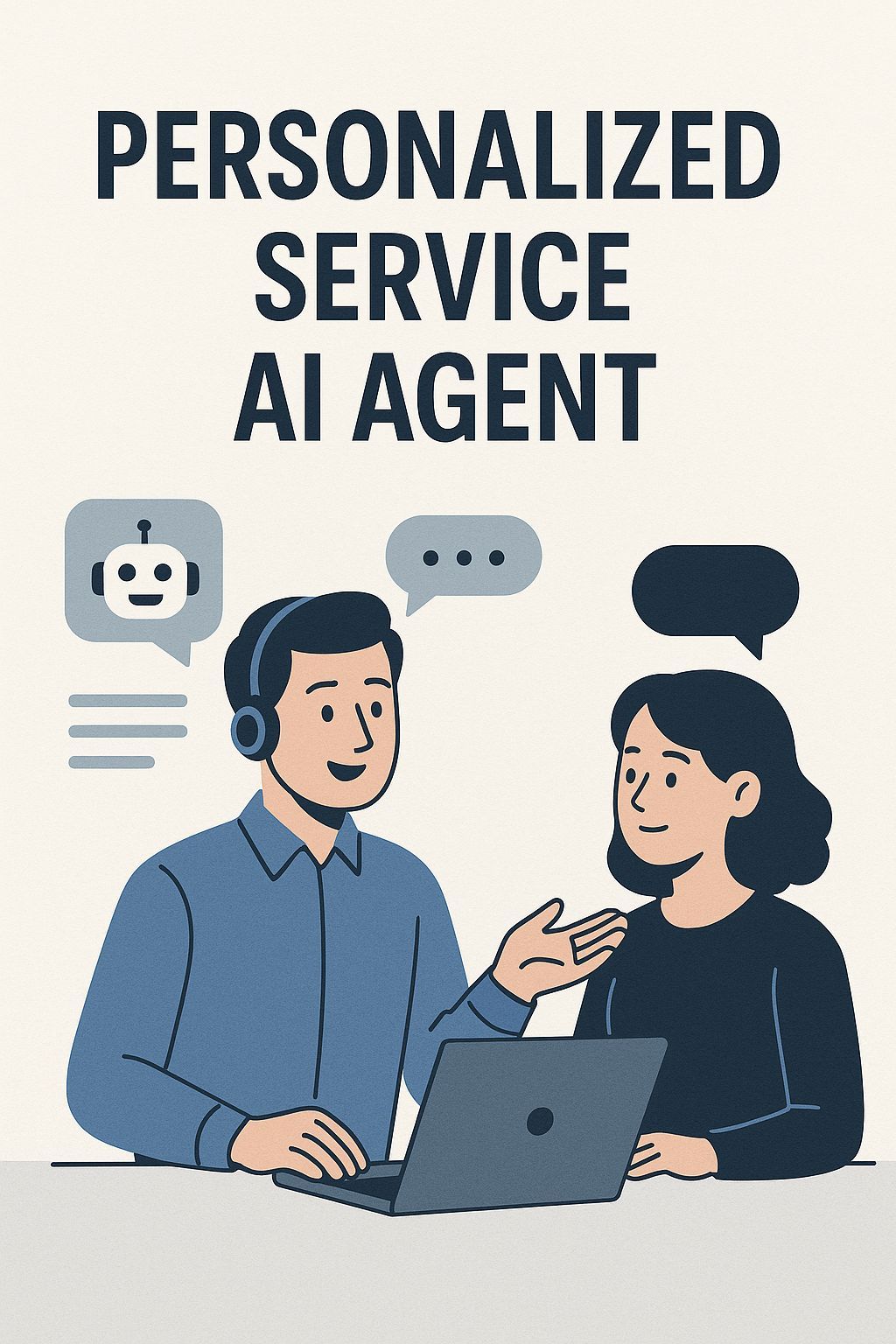

Orange County HVAC Google AI Overview Domination: 7 Proven Strategies to Capture Featured AI Results




